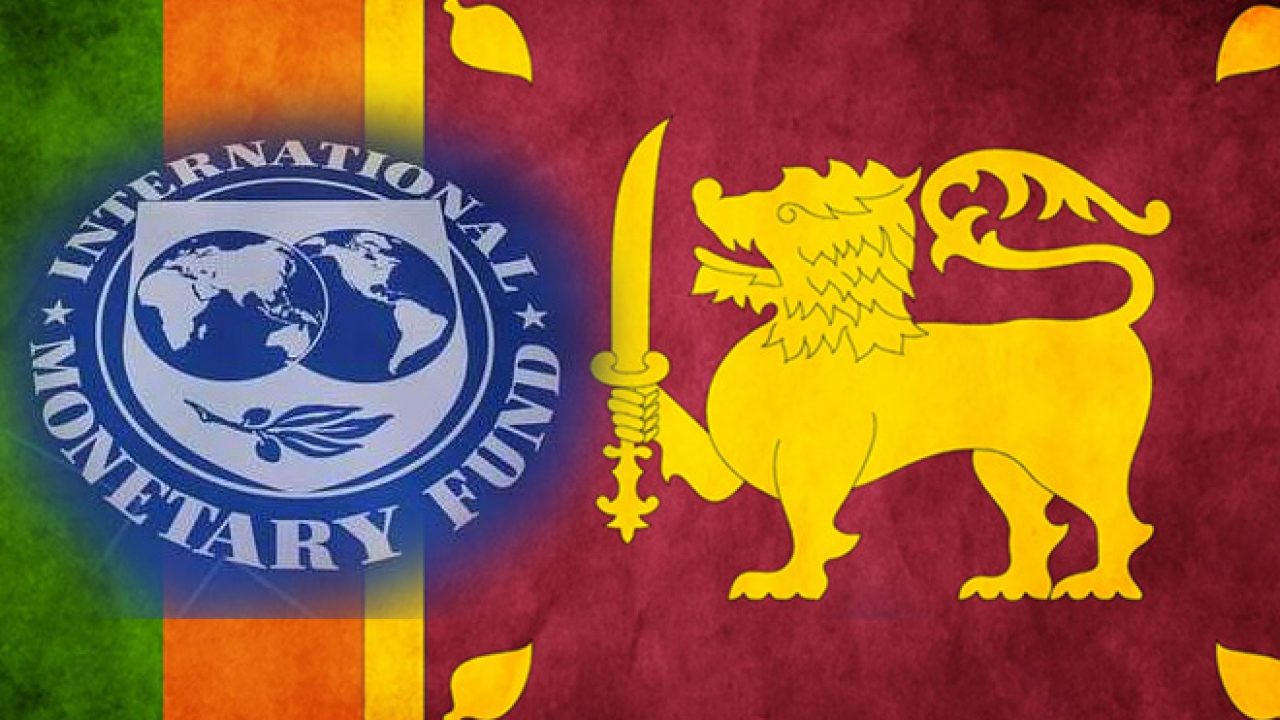The International Monetary Fund (IMF) yesterday announced a downgrade in Sri Lanka’s growth projections for 2023, expecting gross domestic product (GDP) to contract, as opposed to the previous expectation of the economy witnessing positive growth.
The IMF, in the World Economic Outlook report that puts the spotlight on countering the cost of living crisis, stated that Sri Lanka is expected to see its real GDP contract by 3 percent in 2023. By 2027, the country is expected to have a growth of 3.7 percent.
Earlier this year, the IMF projected the island nation’s GDP to grow by 2.7 percent.
The World Bank in its outlook earlier this month projected Sri Lanka’s real GDP to fall by 9.2 percent this year and a further 4.2 percent in 2023.
In its forecast, the Central Bank of Sri Lanka said that the economy is expected to dip by 8 percent in 2022 and growth is not likely to be witnessed until the second half of 2023.
The latest comprehensive Economic Outlook report did not show the breakdown of the forecast for Sri Lanka.
Certain projections for the country, for 2023-2027, were excluded from the publication, due to the ongoing discussions on sovereign debt restructuring, following the recently reached staff-level agreement on an IMF-supported programme.
For the emerging and developing Asian region, the IMF has projected the overall GDP to expand by 4.9 percent in 2023 and by 2027 to grow by 5.1 percent.
Global growth is forecasted to slow from 6.0 percent in 2021 to 3.2 percent in 2022 and 2.7 percent in 2023.
The IMF pointed out that this is the weakest growth profile since 2001, except for the global financial crisis and the acute phase of the COVID-19 pandemic and reflects significant slowdowns for the largest economies: a US GDP contraction in the first half of 2022, a euro area contraction in the second half of 2022 and prolonged COVID-19 outbreaks and lockdowns in China, with a growing property sector crisis.
“As storm clouds gather, policymakers need to keep a steady hand … More than a third of the global economy will contract this year or next,” said IMF Economic Counsellor Pierre-Olivier Gourinchas in the report. The three largest economies—the United States, European Union and China—will continue to stall. “In short, the worst is yet to come and for many people 2023 will feel like a recession,” he added. As crisis-stricken nations have been quick to adopt policies to help brave through the challenges and minimise the impact, Gourinchas pointed out that countries need to be careful in the decisions they take. While price controls, untargeted subsidies or export bans are fiscally costly and lead to excess demand, undersupply, misallocation, rationing and black-market premiums, he stressed that history has shown that they rarely work. “Fiscal policy should instead aim to protect the most vulnerable through targeted and temporary transfers,” said Gourinchas.


